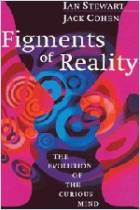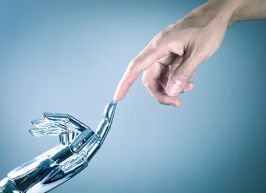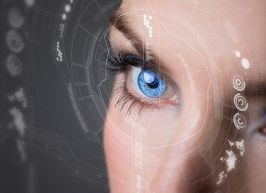Join getAbstract to access the summary!

Join getAbstract to access the summary!
Ray Kurzweil
The Age of Spiritual Machines
When Computers Exceed Human Intelligence
Penguin, 2000
What's inside?
Technology: The continuation of evolution by other means.
Recommendation
Ray Kurzweil, an inventor of new technologies, discusses how today’s rapid advances in computer intelligence will eventually lead to machines that are more intelligent than human beings. He suggests that these machines also will develop human sensitivities, leading to an increased blurring between machines and humans. Drawing on the latest developments in science and technology, Kurzweil presents a fairly compelling argument, though some readers may find the discussions hard to follow since he frequently cites physics, biology and other scientific disciplines. Kurzweil is trying to simplify a complex theoretical and technical subject, so getAbstract forgives the occasional repetition of his main arguments, and recommends this fascinating, well-researched and well-reasoned book.
Summary
About the Author
Ray Kurzweil ’s inventions include reading machines for the blind and music synthesizers. He has also been involved in marketing speech-recognition technology. He wrote The Age of Intelligent Machines , which won the Association of Science Book of 1990 award, and is also the author of The 10% Solution for a Healthy Life. He received the Dickson Prize, Carnegie Mellon’s top science prize, in 1994. The recipient of nine honorary degrees and of honors from two U.S. presidents, Kurzweil was named 1988 Inventor of the Year by the Massachusetts Institute of Technology.




















Comment on this summary